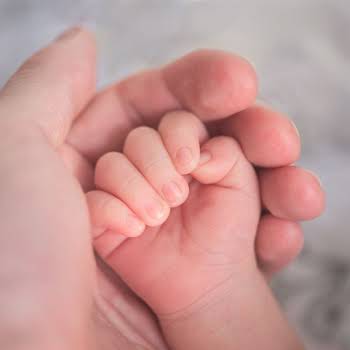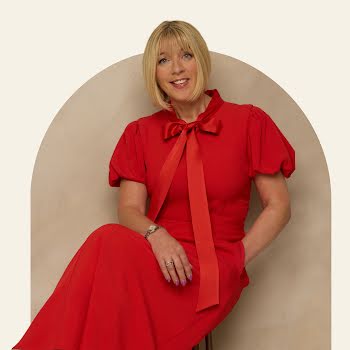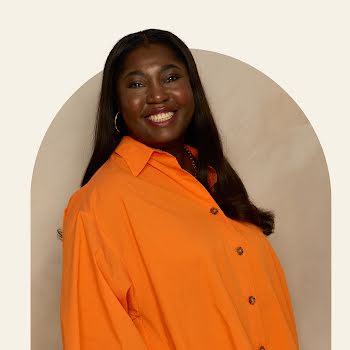
By Jennifer McShane
14th May 2016
14th May 2016
We’re never keen to promote sibling rivalry (well, not often), but a myriad of research suggests that those born the eldest have quite a few reasons to feel smug. Before we hear the cries of outrage from the youngest and middle children, it turns out science mostly supports the eldest’s bragging rights. Take a look at the five reasons why there is something to be said about being the oldest one of the bunch.
Older siblings might be smarter
You may hear the phrase ?they got all the brains? bandied about when it comes to the eldest, and it truer than you might think as research suggests that eldest children have higher IQs on average than their younger siblings. In a 2007 study of 250,000 Norwegian young adults, firstborn men had an average IQ 2.3 points higher than their younger brothers, according to the Huffington Post. Researchers believe the difference is due to the environment rather than genetics.?Eldest children often ?teach? their younger siblings, which can help them to better retain information, according to the authors.So don’t feel bad. Having a smarter, older sibling actually means you’ll reap intellectual benefits.
They also might be more responsible
As they got a head start in life, research suggests that this gives the eldest sibling ample time to learn (and take on) more responsibility at an earlier age. ?According to Jeffrey Kluger, author of?The Sibling Effect: What the Bonds Among Brothers and Sisters Reveal About Us, eldest siblings tend to be the ones that focus the most on family loyalty?and traditional achievement, so they are frequently seen as the responsible one.
ICYMI: Science Says Parents Really Do Have A Favourite Child
Or more successful?
Quite a few studies have shown that the eldest child performs better in school, and this extends to the professional world as well.?According?to psychologist and New York University adjunct professor Ben Dattner, first-borns strive to emulate and please their parents, and often dominate and care for their younger siblings. ?The study also found that parents tend to delegate responsibility to firstborns, who identify with their parents and with authority. Therefore, relative to their younger siblings, first-born children tend to be more extroverted and confident, more conformist and conservative, more conscientious and academically inclined, and more dominant and authoritarian in a professional role.
The eldest isn’t a rule-breaker
The oldest child is generally seen as the more obedient one, and it’s probably down to the fact that they tend to stick to the status quo (the ‘wild child’ honour usually goes to the middle sibling). ?Belgian psychologists Vassilis Saroglou and Laure Fiasse wrote in a 2003 paper published in the journal Personality and Individual Differences that, ?Firstborns tend to be responsible, competitive and conventional, whereas later borns have to ‘distinguish? themselves and create a particular niche by being playful, cooperative, and especially, rebellious.? Otherwise known as the ‘creative one.’
And finally, they may be more conscientious
A 2015 study found that kids born first were ‘more conscientious, more agreeable and less neurotic? than the crazy kids who followed after.?So really, you first-borns out there are actually just big softies.
Feel free not to blame us if you get into a row with said eldest sibling later. It’s science that says so, after all.























